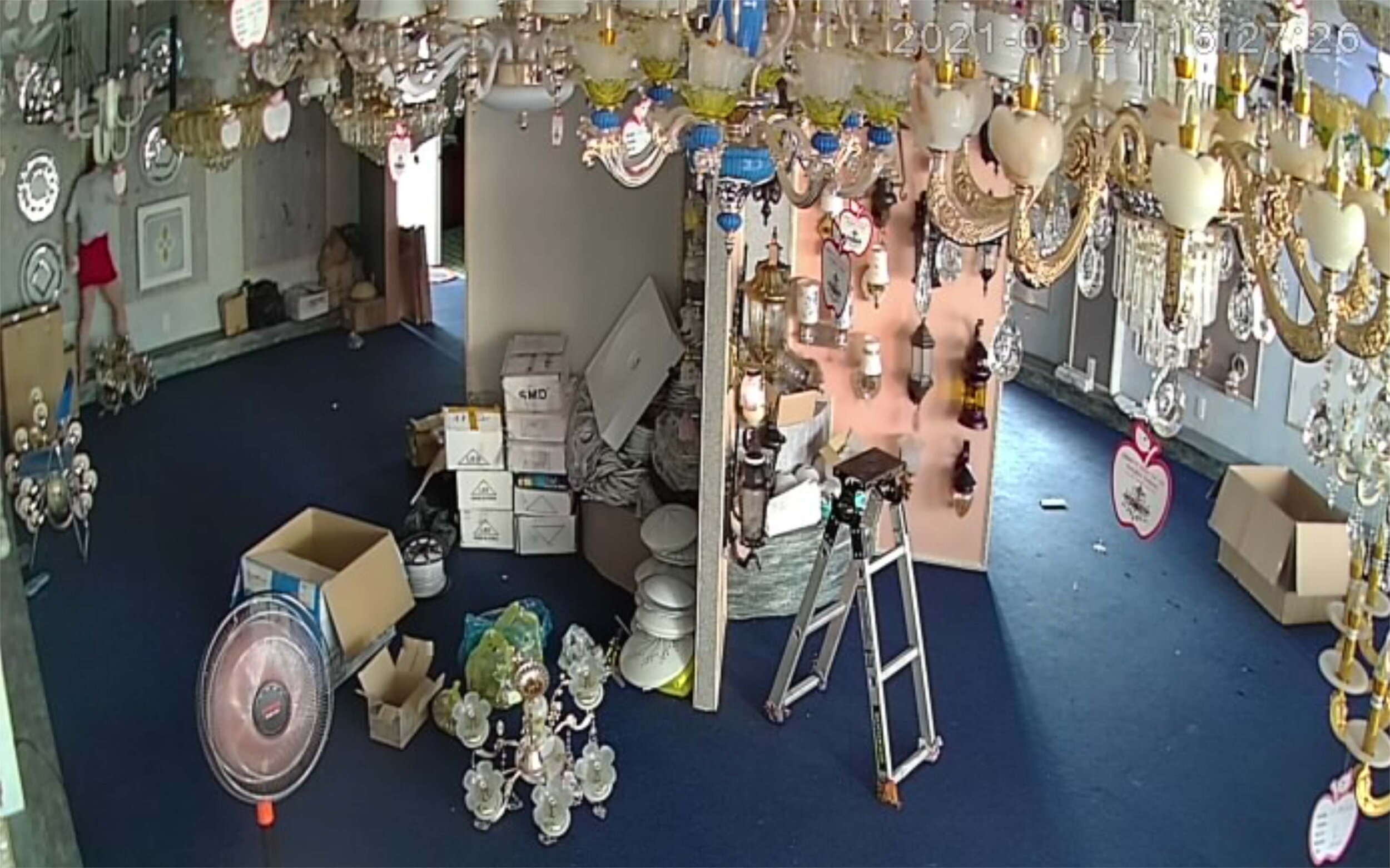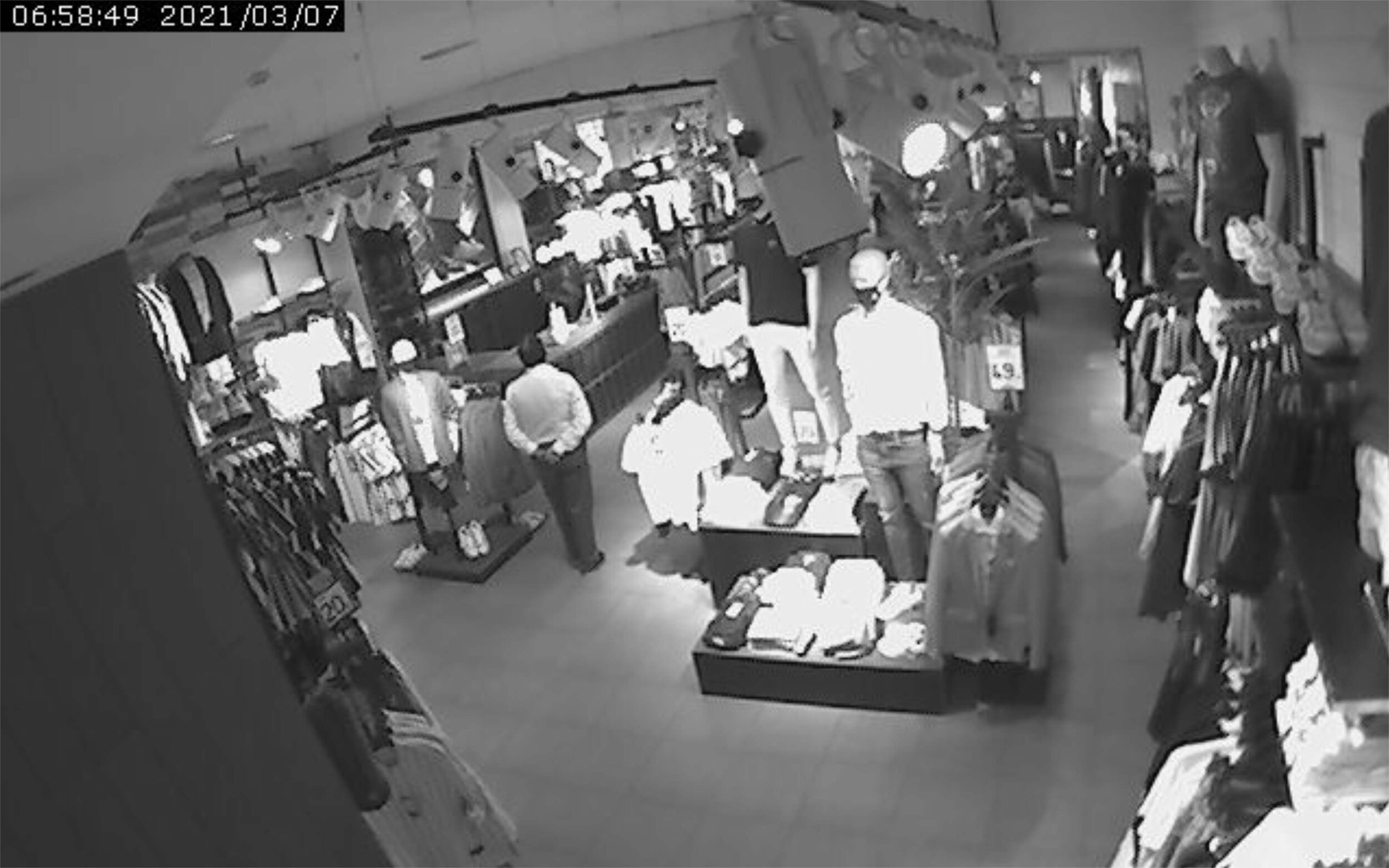survey (v.) : 1. (of a person or their eyes) to look carefully and thoroughly at (someone or something), especially so as to appraise them 2. to examine and record the area and features of (an area of land) so as to construct a map, plan, or description 3. investigate the opinions or experience of (a group of people) by asking them questions
Billions of hours of footage go mostly unwatched, living only briefly as data within a server, quickly overwritten by the next day’s recordings. In the United States alone, there are over 30 million active surveillance cameras recording over 4 billion hours of footage per week, adding to the total video data accounting for over 50% of internet traffic worldwide.
Many of these cameras can be publicly accessed at any time, from anywhere.











Surveillance is necessarily control of people and of systems. It implies a kind of perverse looking where no detail becomes too granular to escape the collection of its data point. Underneath the gaze of the security system, sight becomes knowledge and this visibility begets docility. The images as presented—by themselves and without context—are not surveillance, which requires a drag-net effort of data collection. Rather, I understand these images like peering through an open door in an unfamiliar place. The scene that unfolds is open to interpretation and charged with description.
Visit www.insecam.org to see for yourself.